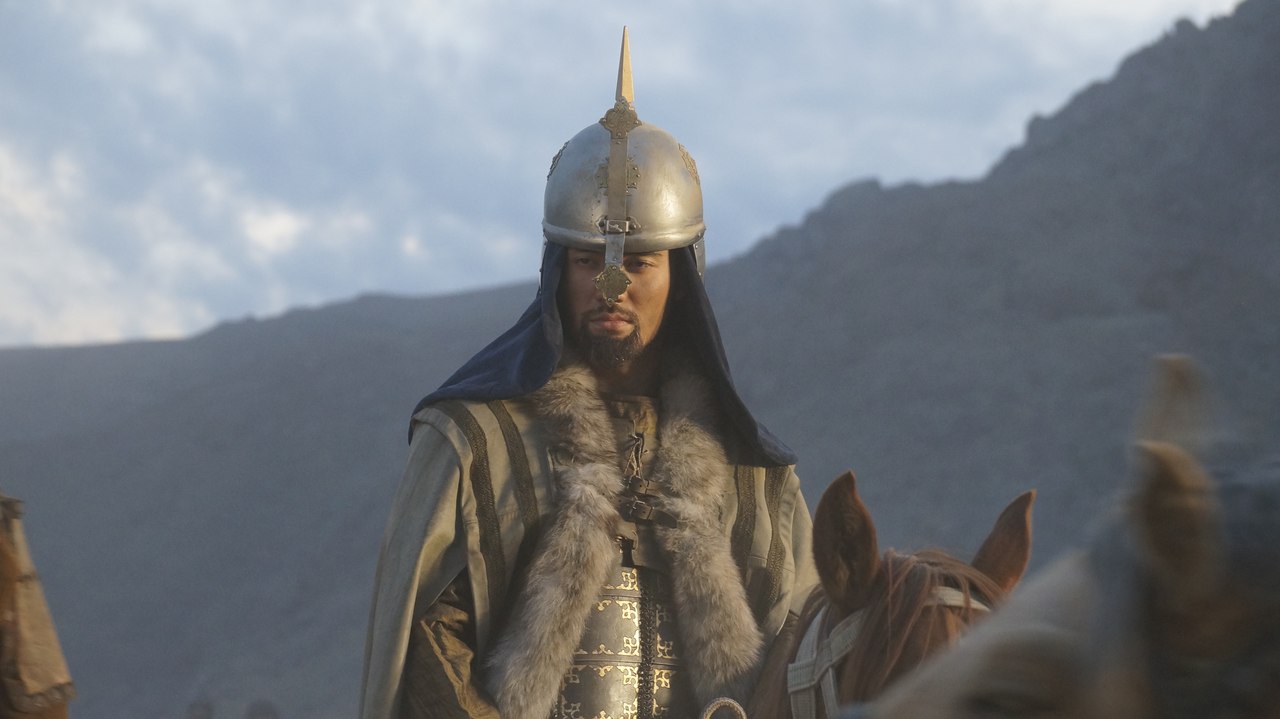
- Golden Globe Awards
Amanat (Kazakhstan)
One has to admit that for many Americans the only film from and about Kazakhstan did not even come from that country. It was the satire Borat:Cultural Learnings of America for Make Benefit Glorious Nation of Kazakhstan. But the reality is that this Central Asian country has a respectable film industry with an output of about 20 films per year.In 1992 the first Kazakhstan production applied for Western awards consideration. Since 2006 one major Kazakh film has been chosen every year for Western competitions in film festivals and Award races including the Golden Globes. This year’s entry for the 74th Golden Globe Awards is Amanat written and directed by Satybaldy Narymbelov. The producer is Arman Assenov who summarized the film’s purpose: “Dedicated to the 550 year anniversary of the Kazakh Khanate and the 25th anniversary of independence from Russia”. While Borat could have been considered an insult to Kazakhstan, Amanat is clearly the opposite. It celebrates its century old identity and its national heroes.The film spans three distinct but connected storylines in Kazakh history. It paints the portraits of Kazakh patriots who struggled against the expansive colonialism of Tsarist Russia and against the equally totalitarian oppression by the Soviet Union, including the vast network of the KGB.Central to this historical drama is the fate of Ermukhan Bekmakhanov played by an impressive Berik Aitzanov. Bekmakhanov was tortured and sentenced to 25 years imprisonment for writing and publishing historical books about the revered Kazakh national hero Kenesary Kasymov, the leader of the greatest uprising in the history of the Kazakh people, another note-worthy performance by an actor unknown on our shores, Sanzhar Madiyev.The motivation behind the film (and a TV series of the same title and with the same creative team) – only possible since Kazakhstan’s independence from the Soviet union – is clearly national consolidation and pride. It is appealing to the restoration of an identity of a people who did not have a chance to do so in centuries of foreign occupation.The collage of battle scenes, Stalinist show trials and the ruthless methods of the Soviet secret services tells the story of the Kazakh people and their aspirations as an epic tragedy. As it is said in the film: “The struggle for freedom is always tragic”.

